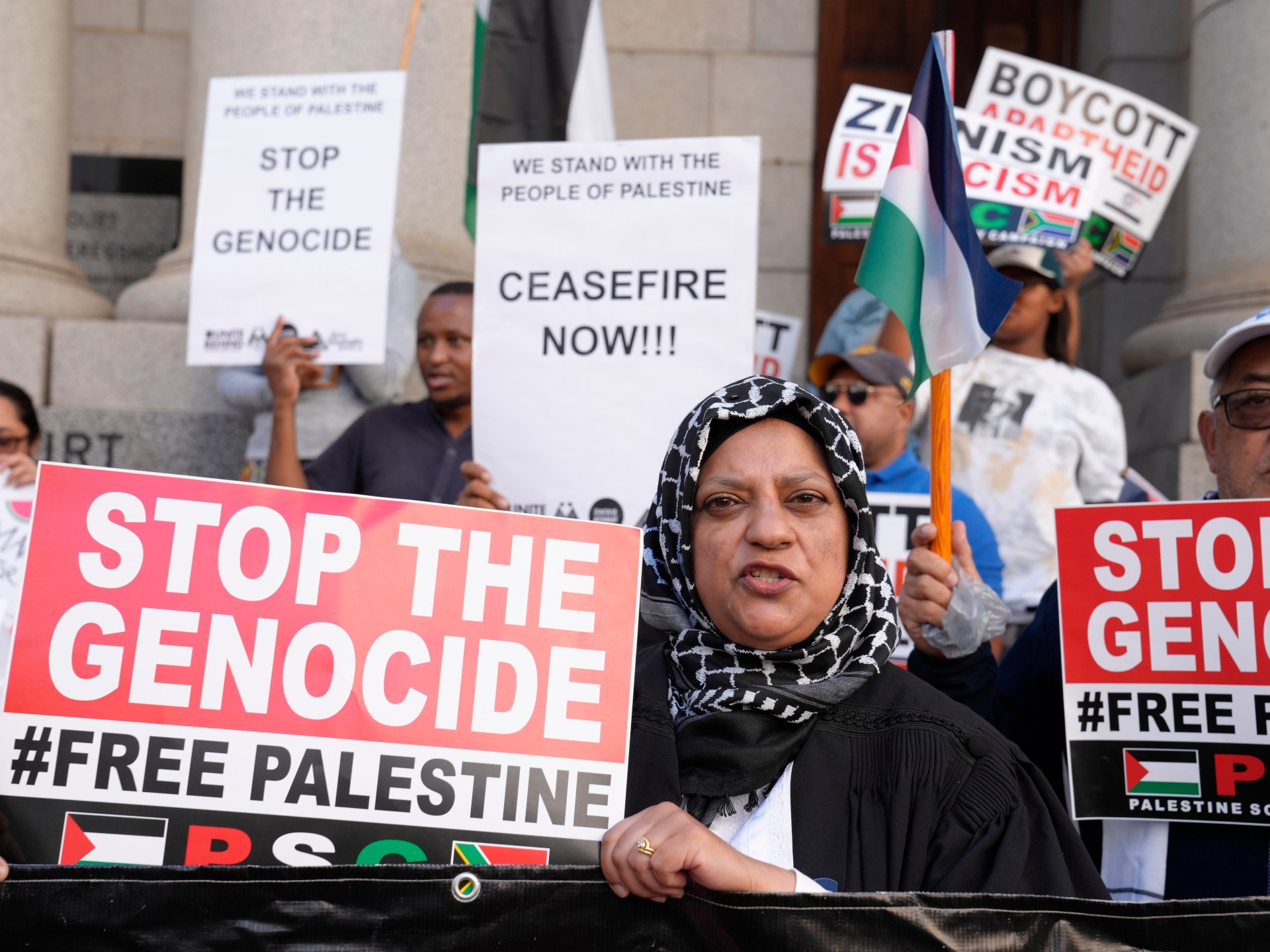
The second testimony is an excerpt from Palestinian doctor Hammam Alloh’s October 31 interview with Democracy Now. Two weeks after the interview, he was killed in his wife’s family home in Gaza by an Israeli air strike. Alloh is among the more than 23,000 Palestinians killed by the Israeli military campaign in the Strip – a campaign that experts, academics and civil society organisations have deemed as “genocidal” as it has systematically destroyed all facets of Palestinian life in the besieged enclave.
But curiously, many in the West seems to ignore mass atrocities like these with ease. And Western leaders have become skilled at evading calling them what they are: crimes against humanity. Why?
In part, this is because Western collective consciousness has long been socialised with the assumption that the non-West is naturally a place of unrest, deprivation, violence and, all in all, of inescapable backwardness. This thinking was proliferated in the earliest writings by the “founding fathers” of various disciplines as a matter of scientific fact.
Stopping a genocide requires morally and ethically grounded international action, where the priority is not self-aggrandising but bringing an immediate end to crimes against humanity. Yet, as history’s most televised genocide continues unabated in Gaza, it seems that in the current international system there is no built-in moral commitment to saving the lives and humanity of people who don’t “look like us”.
Let’s hope, though, that the South Africa-led genocide case against Israel in the International Court of Justice proves me wrong.
Be the first to reply to this url.
Join in on more popular conversations.